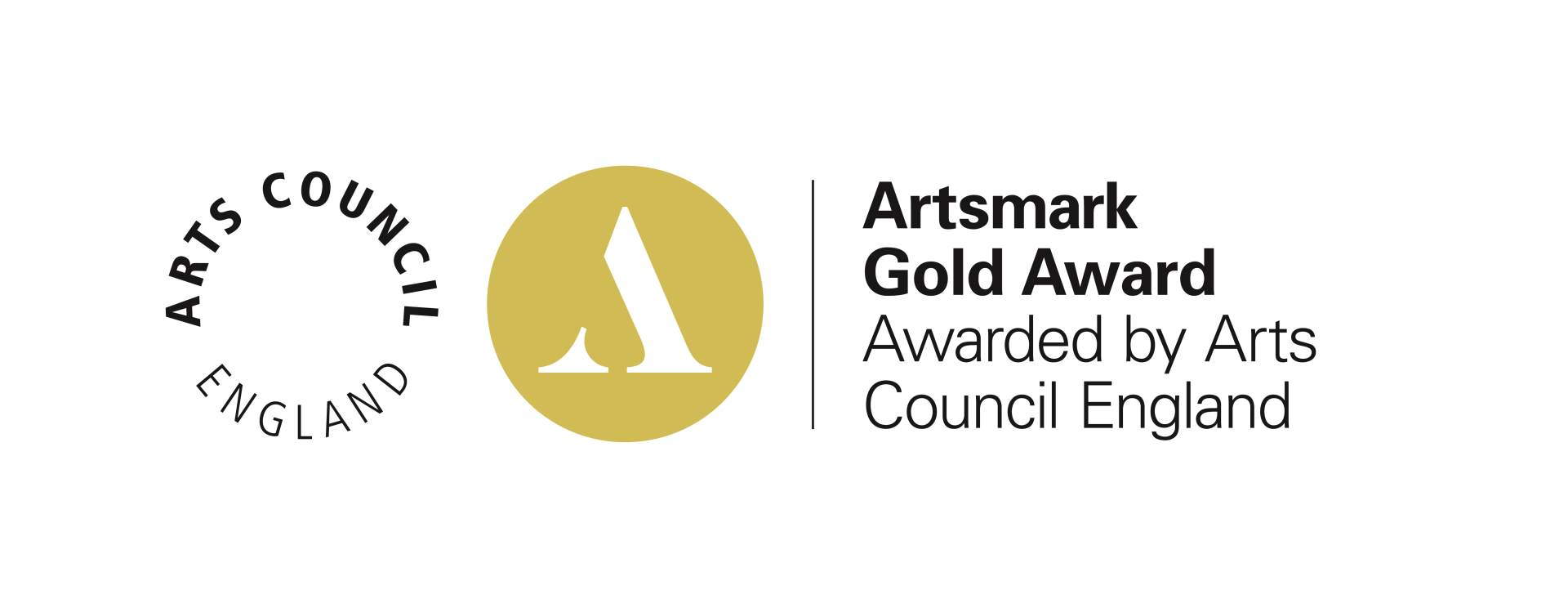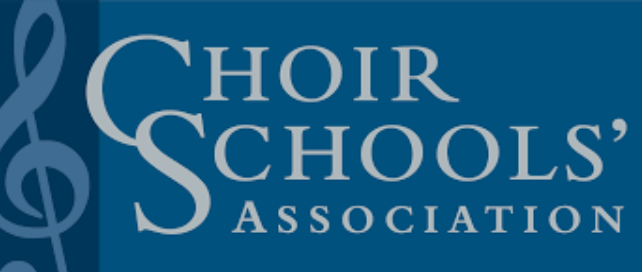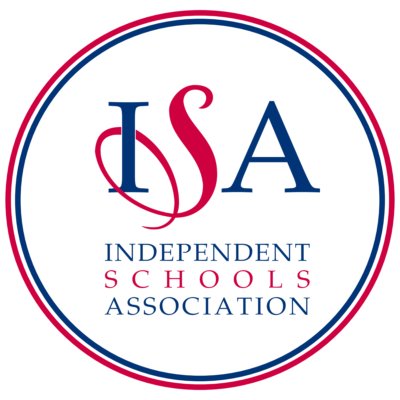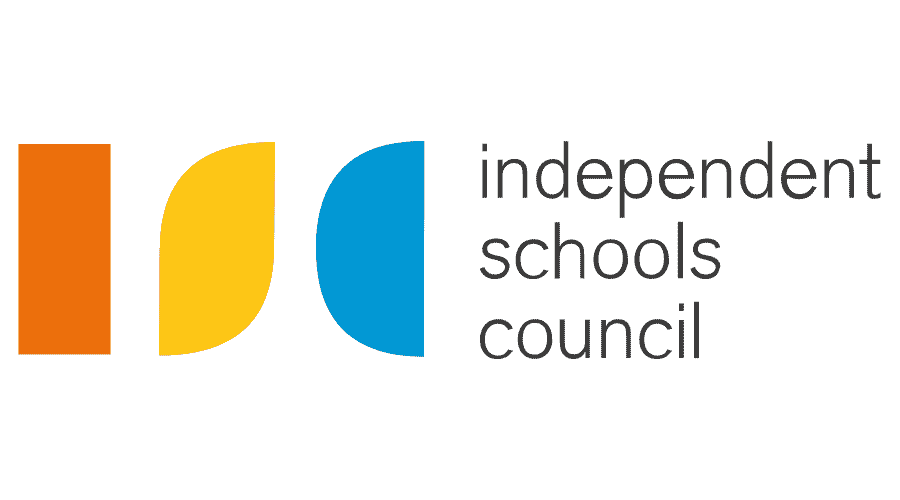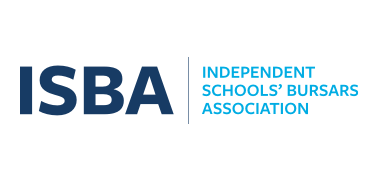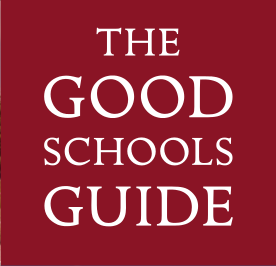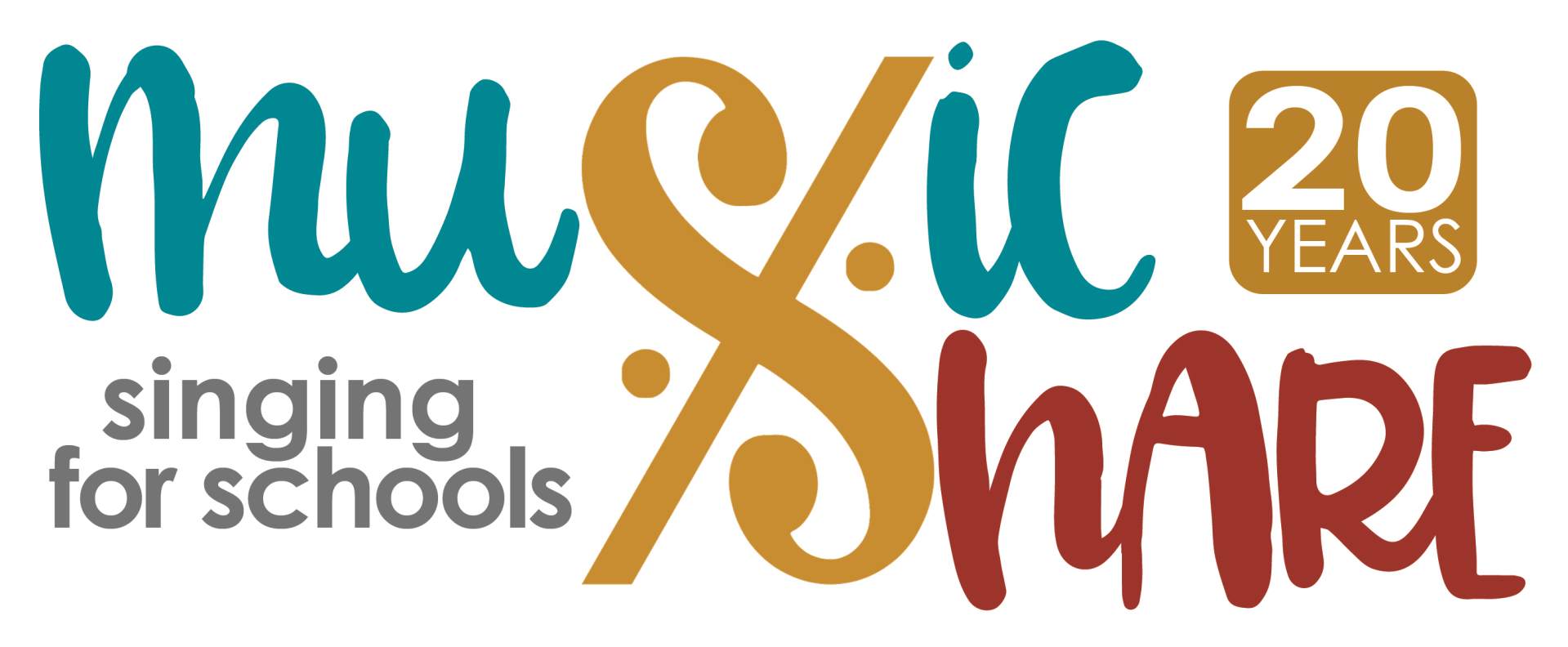SixthFormPro
At Lichfield Cathedral School, our Sixth Form experience is about more than just academic achievement - it’s about preparing students for life beyond the classroom. Whether they choose to pursue higher education or enter the world of work, we equip them with the skills, confidence, and mindset to thrive.
Through our bespoke SixthFormPro programme, we help students stand out from the crowd, making them highly competitive candidates for universities and future employers. Our goal is not only to educate, but to inspire a lifelong passion for learning and personal growth.
Life Skills enrichment
Our Life Skills Programme for Sixth Form students is designed to equip them with the essential tools they need to navigate adulthood with confidence and independence. For example, the personal finance module helps students learn how to manage a budget, understand payslips, handle taxes, and make informed decisions about saving, borrowing, and spending. From setting up a bank account to exploring the basics of credit scores and student loans, the course ensures students leave school with a strong foundation in financial literacy - a vital skill for university life, apprenticeships, or entering the workforce.
Leadership opportunities
Our Sixth Form students have more independence than our Senior School students and they are encouraged to become role models for younger pupils, whether this be as a prefect, taking part in school events or simply demonstrating strong values and exemplary behaviour around School. This is a fantastic opportunity for them to develop independence and responsibility, alongside the skills needed to succeed in the next phase of their lives.
Sixth Formers can apply to become Heads of School, Deputy Heads and Prefects, alongside supporting roles such as Heads of Student Legacy, Student Inclusivity, Student Performance and Student Sustainability.
The School Council, led by the Heads of School, plays a vital role in shaping student life at LCS. Comprised of elected student representatives from across year groups, the Council meets regularly to discuss and decide which charities to support each term, ensuring that fundraising efforts reflect causes that matter to the pupil body. Beyond charitable initiatives, the Council serves as a key communication bridge between pupils and school leadership - providing valuable feedback to the Governors, Headteacher and Senior Leadership Team on a wide range of topics including the quality of school meals, access to resources, and the overall student experience. They also help share important information and resources with their peers, fostering a sense of community, responsibility, and active participation in school life.
Mentor roles
Sixth Form students can undergo training as Wellbeing Mentors for younger students, which includes Level 1 Safeguarding training. A Sixth Form-led reading group for pupils in Years 5 and 6 at Broadhurst supports the development of important literacy skills and can have a profound impact on the personal development of younger pupils.
Mentors can provide a safe space for mentees to express their feelings and concerns, offering reassurance and advice based on their own experiences. This emotional support can significantly enhance a young person's self-esteem and resilience, helping them navigate life's challenges more effectively. Sixth Form Mentors also gain insights into their own strengths and weaknesses, improving communication and cultivating empathy.
Co-curricular clubs - Music, Sport, Debating and more
Sport and fitness are offered on Wednesday afternoons including yoga, tennis, hockey, rugby, badminton, rounders, netball, and more, alongside regular competitive sports fixtures.
There are a range of ensembles, bands and an orchestra for those with musical interests, plus choirs and a Young Singing Leaders programme for those keen to learn how to teach and conduct. Opportunities for performance include our regular Wednesday @ 1.15pm lunchtime recitals in the School Chapel, school services in the Cathedral, concerts and shows in professional venues, and in local and national competitions.
Cantorum, our scholarship-based chamber choir, is open to talented senior students. Performance opportunities include school events, Cathedral services and concerts across the region, often alongside professional musicians. A limited number of Sixth Form Choral Scholarships are also available to Year 12 students with soprano, alto, tenor or bass voices.
Students with ABRSM qualifications at Grades 6 to 8 and Diploma level benefit from UCAS (University and Colleges Admission Service) points which can be used as part of a university or college application in the UK.
Public Speaking and Debating are particular strengths of the school, offering Sixth Form students invaluable skills that extend far beyond the classroom. These activities help students develop confidence, clarity, and persuasive communication - essential tools for university interviews, job applications, and leadership roles. Through structured debate and presentation practice, students learn how to articulate their ideas effectively, listen actively, think critically, and respond thoughtfully under pressure. These experiences not only build self-assurance, but also foster respect for diverse viewpoints, encouraging students to engage constructively in discussions and become confident, informed contributors to society. Students regularly enter local, regional and national competitions with considerable success.
The Inklings discussion group focuses on literary works and students are encouraged to produce their own pieces, including poetry, literary criticism and creative writing.
EPQ - the Extended Project Qualification
The Extended Project Qualification (EPQ) is valued by higher education and employers alike. The EPQ enables students to demonstrate their research, data analysis and project management skills, giving excellent preparation for university study. It carries valuable UCAS points; some universities make lower offers to students who have achieved a Grade A in their EPQ. Most importantly, the EPQ is a wonderful opportunity for students to explore a topic that fascinates them, but is not covered by any of their Sixth Form curricula.
The Duke of Edinburgh's Award
The Duke of Edinburgh’s Award (DofE), a prestigious youth achievement programme founded by Prince Philip, Duke of Edinburgh, in 1956, is an extremely successful personal development programme for young people aged 14 to 24. It is popular with LCS students, providing an enjoyable, challenging and rewarding series of adventurous activities. As this is a personal undertaking rather than a competition against others, each student’s programme is customised to reflect their starting point, abilities and interests.
As a Directly Licensed Centre, our students can undertake Bronze, Silver and Gold Awards.
The DofE is all about going the extra mile – gaining new skills, pushing yourself physically, helping others, and exploring new territories. At the same time, students gather friendships, experiences and memories that last a lifetime.
Students undertake a series of activities across four key areas:
- Volunteering: Students engage in a voluntary service to benefit others for at least 12 months.
- Physical fitness: Students participate in a physical activity or sport for at least 12 months, showing a consistent improvement in performance.
- Skills development: Students develop a skill for at least 12 months, demonstrating progress and achievement.
- An adventurous journey: An expedition involving planning, training, and completing a challenging journey in a remote environment.
LAMDA
Individual LAMDA lessons are available, offering practical communication and performance training and assessments to encourage each student to develop the skills to succeed in life by expressing themselves effectively, and confidently navigating diverse social and professional contexts.
The University and Colleges Admissions Service (UCAS) recognises LAMDA’s Level 3 qualifications, meaning that they carry UCAS points. For example, students achieving a Gold Medal grade earn 60 UCAS points which can be used when applying for Higher Education.
MOOCs
MOOCs are Mass Open Online Courses that are available to anyone, and Sixth Form students are encouraged to undertake a diverse range of courses across multiple disciplines aligning with their interests and career aspirations. From humanities and social sciences to STEM fields and arts, courses are curated and delivered by esteemed professors from top-tier universities worldwide, incorporating the latest pedagogical research and innovative learning technologies.
MOOCs offer a flexible learning schedule, allowing students to learn at their own pace and revisit lessons as often as needed. One of the most powerful benefits is exposure to a global community, fostering a diverse and multicultural learning environment, broadening students' perspectives through different cultures, ideas, and ways of thinking, and offering a unique opportunity for global networking and collaboration, invaluable assets in today's increasingly interconnected world.
Volunteering in the local community
Sixth Formers are encouraged to undertake volunteer work in the community. Recent examples include training to become a Cathedral Steward; working with local hospices; coaching younger children in sport and drama; and, being advisory board members at a local NHS Trust.
Overseas Trips and World Challenge
The School offers an annual European ski trip to pupils as well as a ski trip specifically for Sixth Form students. Overseas Language, Geography, History, Art, Choral and Performing Arts trips and tours are undertaken regularly to countries including Germany, France, Spain, Belgium, Italy, Ireland, Iceland and the USA.
Physicists and Mathematicians visit CERN, where scientists probe the fundamental structure of particles that make up everything around us, using the world's largest and most complex scientific instruments. The trip includes a tour of the Large Hadron Collider, the world's most powerful particle accelerator; the synchro-cyclotron and the ATLAS site; a tour of Geneva including the International Red Cross and Red Crescent Museum; a tour of Bern including the Einstein Museum; and a cruise on Lake Geneva.
World Challenge provides transformative school expeditions that empower students, enrich communities, and create lasting global impact. Students have previously travelled to Uganda and Borneo, and the next expedition in 2026 will be a 13-night adventure in eSwatini (between South Africa and Mozambique), involving community engagement, low-level trekking, camping, and a safari. Way off the tourist radar, it's a landlocked nation of tribal culture, lush wilderness, and the last reigning monarch in Africa.







